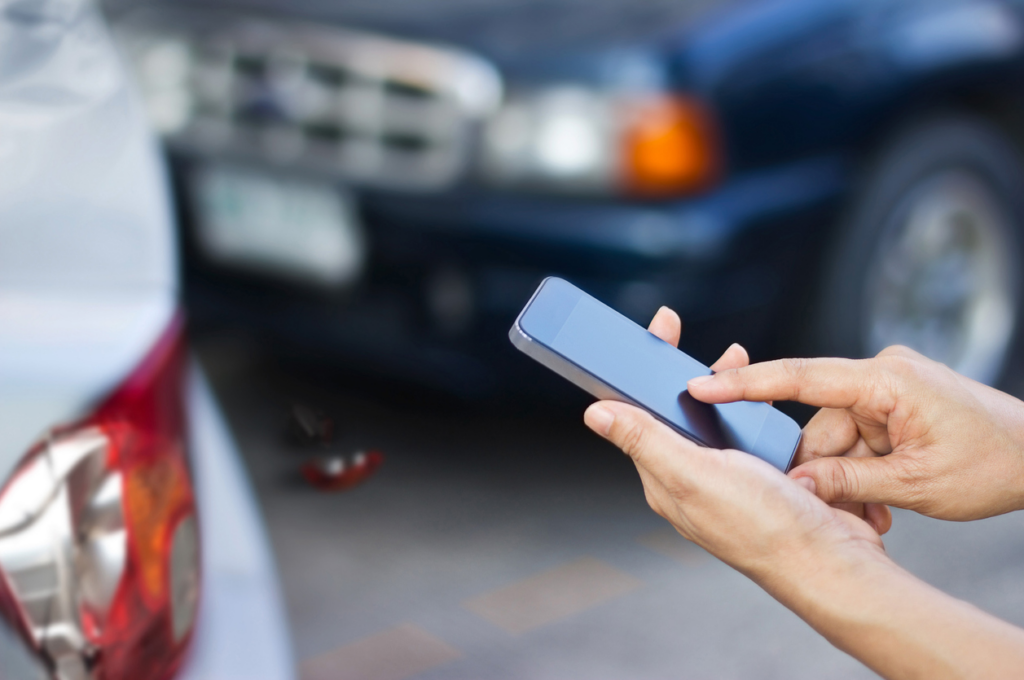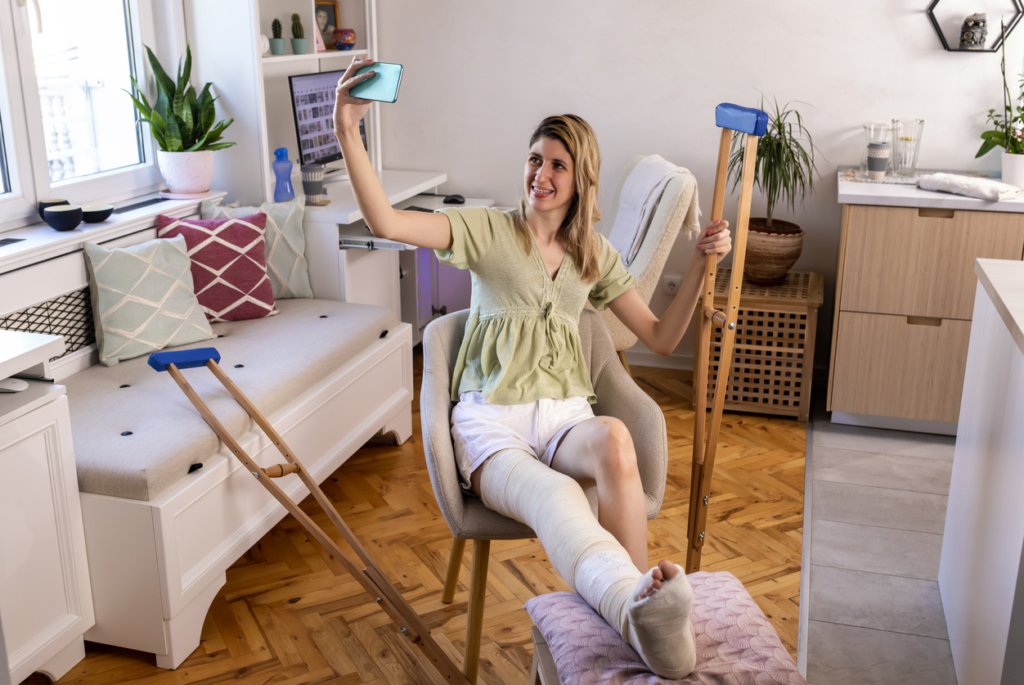 The information you post on social media about your car accident can severely hinder your ability to recover compensation. You should be very careful when making posts after a crash. If you decide to file a personal injury claim, the insurance company will likely review anything you’ve published.
The information you post on social media about your car accident can severely hinder your ability to recover compensation. You should be very careful when making posts after a crash. If you decide to file a personal injury claim, the insurance company will likely review anything you’ve published.
Social Media Posts Can Hurt Your Chances of Recovery
You have a right to get compensation for all your damages after an accident. The at-fault party’s insurance company is usually financially liable and they will pay for losses like medical expenses, lost wages, disability, and more. However, certain social media content can inhibit your ability to recover that compensation.
The insurance company will do everything possible to pay you the least amount that it can. They are in the business of making money. They will use every excuse to deny a claim or reduce the amount of money they pay you.
If you claim that you are severely injured, but post on social media that you are “okay” or show images of yourself taking part in physical activity, the insurance company may use that information against you. This is just one example of how social media posts can hurt your chances of a full and fair recovery.
5 Social Media Post that Can Hurt Your Personal Injury Claim

- Your post may contradict your testimony.
If you have given the insurance company a statement regarding what happened and detail the severity of your injuries, but that information is contradicted on social media, then it can hurt your claim. For example, if you claim that you have a broken leg but post that you are going hiking, the insurance company and a jury would view this negatively.
- Your location check ins can give away your activities.
Facebook check-ins at various businesses can give away recreational activities that contradict your injuries. For example, if you tell the insurance company that you have limited mobility but check in at the gym weekly, then it can ruin your case.
- You can’t control comments from family and friends.
You might be trying to limit what you post, but family and friends may expand on your vague information. Their details may also be used in court against you. For example, if you simply post that you were in a car accident and your mom elaborates that you are “fine,” then the insurance company will use that as evidence against you.
- Pictures will show your physical capabilities.
If you post photographs of yourself after an accident, insurance companies may use that information to determine the severity of your injuries. Additionally, if you are tagged in social media photographs, the insurance company is even more likely to take note of those activities. For example, if you claim you need to use crutches, but your friends tag you in a picture at a club dancing, the insurance company will use that information when considering your settlement.
- Social media posts are typically admissible.
You can try to lock down your account and make it private, but the insurance company is likely to acquire information regardless. You cannot control what others post about you, and that data will be recorded even if it is quickly deleted. Insurance companies keep track of personal injury claims and do whatever possible to use social media claims to reduce or eliminate what they must pay victims.
How Can Social Media Posts Affect At-Fault Parties
Not only can posting on social media affect victims of personal injury accidents, but at-fault parties should also refrain from sharing too much. All the information they post will be used by the plaintiff to develop and prove a case against them.
For example, if a defendant posts that they just backed into another car in a parking lot, then the plaintiff will have access to an obvious admission of fault. At-fault parties should also avoid ranting about not being responsible for the accident. Negligence and fault should be discussed in a professional setting among insurance companies, lawyers, and the court.
How Can Insurance Companies Access My Social Media Posts?
There are multiple ways that insurance companies and lawyers can access your posts on social media.
If your account is public, then anyone who views your page can see your posts. Sometimes you won’t even know you have posts set to public. You should always ensure your social media pages are set to friends only.
However, insurance companies and lawyers can also request information from your friends and acquaintances directly. Many people will screenshot posts and share them with third parties voluntarily.
Another way they might access your posts is through discovery after a personal injury lawsuit has been filed. The other party can send you a request for production of documents that will include all social media posts about your accident. In most cases, you must provide them with this information even if it is detrimental to your claim.
Contact Attorney Venus Poe to Discuss Your Case
If you were involved in an auto accident, you should get legal advice from a car accident lawyer before you ever post on social media. Attorney Venus Poe is ready to review your specific situation and help you understand the best way to proceed.
Call today at (864) 963-0310 or reach out online to schedule a case consultation.
